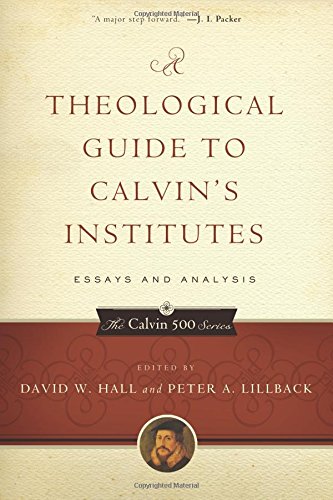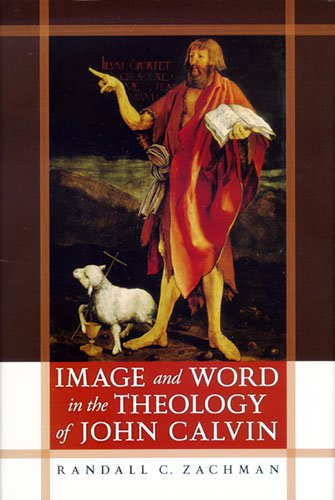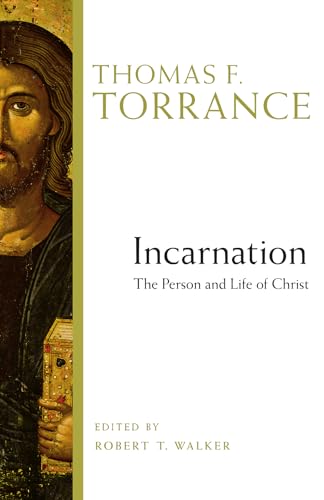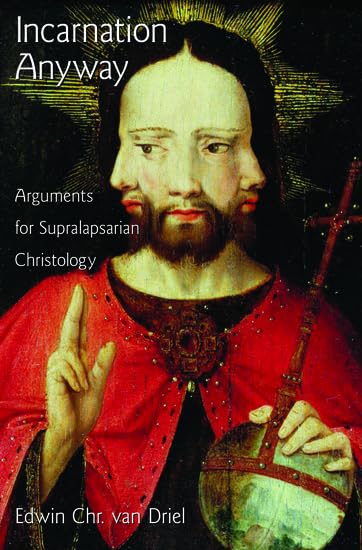Mission in the 21st Century: Exploring the Five Marks of Global Mission
Written by Andrew Walls and Cathy Ross, eds. Reviewed By John Stuart RossMission in the 21st Century is structured around the five marks of mission originally adopted by the Synod of the Church of England in 1998: (1) to proclaim the Good News of the Kingdom; (2) to teach, baptise and nurture new believers; (3) to respond to human need by loving service; (4) to seek to transform unjust structures of society; and (5) to strive to safeguard the integrity of creation and sustain and renew the life of the earth. In the first section, two articles are dedicated to discussing each principle: one dealing with theoretical issues, the other with praxis. Although most contributions were worthwhile, I will focus on the work of Gnanakan, Niringiye, Egbunu, Haddad, and de Witt and Bookless as, for me, the most interesting.
In discussing the first mark, Gnanakan tells us what we may not want but need to hear, that in many places today the terms ‘Christian’ or ‘Christianity’ have taken on such a negative connotation and western evangelistic methods have so antagonised people, that the church is often considered a poor witness to Jesus. Against that background he reiterates the obvious but too often overlooked observation that the world needs not only to hear the message but also to encounter the living Lord, not least through the Christ-like deeds of his followers.
The gap between the phenomenal growth in Christianity in some parts of Africa and the corresponding lack of evidence of positive changes in society creates a challenging context for the development of credible Christian witness. Nigerian bishop Emmanuel Egbunu writes helpfully on nurturing new believers, sensitive to the dilemma faced by many converts caught between two worlds. He argues that a solution ultimately rests on acceptance of the authority of the Bible and the application of its teaching to all life. Biblical authority is not only “the keystone of the protest by the leadership of the Global South against the revisionist agenda of the West in the wake of the sexuality debate” but is also “binding on all” so that “pastoral responsibility cannot excuse rebellion in the name of cultural peculiarities.” His brief handling of baptism is less convincing. In view of the fact that in Nigeria, as elsewhere in Africa, many children are raised in at least nominally Christian homes, it is surely insufficient to see baptism only, or even primarily as ‘a sacrament given in the context of conversion’. What then of the covenantal significance of infant baptism? His view of baptism seemed caught somewhere between the sacramentarianism of the 1988 Lambeth Report and the sentimentality of Rick Warren’s The Purpose-Driven Life. I mention this not to carp, but because the missiological importance of the subject deserves more than the little space afforded to it.
Bev Haddad, writing on how unjust societal structures can be transformed by the Gospel, shares experience of working with an isiZulu speaking congregation in South Africa. She issues a call to South African Christians to channel the spiritual energy once used in the struggle against apartheid into tackling the national HIV/AIDS crisis, which today has at least 5.5 million people living with the virus. Although South Africans accept the reality of HIV/AIDS and churches generally desist from a superficial judgementalism that charges HIV positive people with promiscuity, the gospel still needs to confront traditional African gender subordination and patriarchy that removes any possibility of negotiation regarding sexual practice within marriage and so renders married women particularly vulnerable to infection by their husbands.
I also much appreciated the very thoughtful case for sharing in the missio Dei by safeguarding the integrity of the creation as the context of all human existence and activity, including the other four marks of mission, as set out by Calvin B. de Witt and demonstrated by Dave Bookless’s stories of Christian conservancy by the organisation, A Rocha, and others. As Bookless states, “The good news of the Kingdom of God ‘on earth as it is in heaven’ is good news for people, communities, and for a groaning creation.”
The second section is a collection of seven short essays. Kwame Bediako, in the African context, provocatively asks, “Whose Religion is Christianity?” Jehu J. Haniciles considers the missiological significance of migration. Lamin Sanneh explores “The Islamic Frontline in a Post-Christian West.” Issues of biblical hermeneutics are discussed by Moonjan Lee in “Reading the Bible in a Non-Western Church: An Asian Dimension.” A Japanese perspective on worship as mission is provided by Ken Miyamoto, and Gerald J. Pillay investigates “Education as Mission.”
Finally, Andrew Walls’ incisive afterword surveys “Christian Mission in a Five-hundred-year Context.” With Edinburgh 1910 in retrospect, his depressing analysis of post-Christian Scotland—which surely also applies to other parts of the West—rings true. For the “country that once sent missionaries across the world” and, astonishingly, still celebrates two of the most famous, Mary Slessor and David Livingstone, on bank notes, it is now “too late for revival; the need is basic, primary evangelisation, cross-cultural evangelisation such as the missionaries once sought to carry out in other continents.” As a Methodist he would know that it is precisely when the gospel is preached as he suggests, and as it was in eighteenth century England, then the most profound outcomes may occur. In addition, it is a humbling but thrilling thought that today, when mission is from anywhere to anywhere, such an evangelistic challenge may be taken up by Christians from the two-thirds-world.
John Stuart Ross
Dumisani Theological Institute
King Williams Town, South Africa
Other Articles in this Issue
Why are we talking about preaching with power? Because of what Christianity is...
In the mid-twentieth century, one could readily find informed Protestant observers acknowledging the Calvinist tradition’s major missionary contribution...
The summer of 2007 was the wettest in Britain since records began, registering over twice the usual amount of rainfall between May and July...
How Far Beyond Chicago? Assessing Recent Attempts to Reframe the Inerrancy Debate
by Jason S. SextonThe doctrine of inerrancy has been a watershed issue among evangelicals in the West, perhaps now more evident than ever...
Quite apart from commentaries and hermeneutical textbooks, books on the Bible—its nature and ultimately its authority—have been appearing with daunting frequency of late







